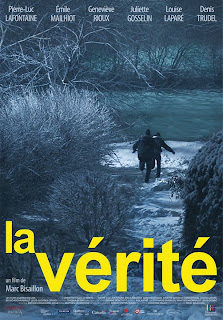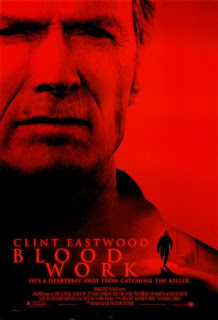Jaloux (2010, Patrick Demers)
There are movies for which the viewer knows precisely what they shall receive by paying to see it. There are movies for which expectations are totally confounded. Then there are the more rare hybrid films, those that do indeed remain faithful to either expectations or genre conventions, yet simulate the viewer with additional layers, or take the long way around and explore different venues. By the film’s end, the audience recognizes that they go what they came for, they just didn’t expect to receive it in that type packaging. Patrick Demers’ feature film debut Jaloux, which premiered at the 2010 Toronto International Film Festival (and was shot in spring of ’08, believe it or not!), refuses to succumb to all of the familiar beats of a thriller while still embracing some of its more appreciated qualities.


























